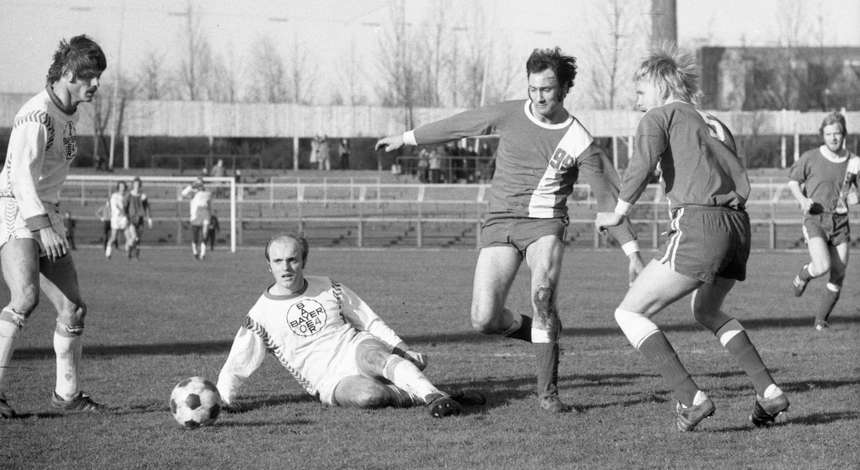
The following Saturday, 8 February, brought the DFB Pokal tie away to the VfB Stuttgart second team. In front of 1,600 supporters at Stuttgart's second team ground, the young VfB team gave Leverkusen a real run for their money. Bayer 04 earned the 0-0 scoreline at half-time through good defensive work and exemplary counter-attacks, which did not lead to goals. Stuttgart opened the scoring on 47 minutes. The Werkself then paid for the high tempo of the first half. The VfB second team doubled the lead to 2-0 on 63 minutes. It was only down to the goalkeeper Hubert Makel that there wasn't a bigger losing margin. The dream of the Round of 16 in the DFB Pokal was over and now it was all about full focus on promotion to Bundesliga Nord 2.
The next league game followed a week later against VfL Köln. On the Friday before the match, coach Manfred Rummel only had six fit players at the final training session and the rest were sidelined mainly due to an outbreak of flu in and around Leverkusen or due to injuries. The team picked itself on Sunday. According to coach Manfred Rummel, one or two of the players had a fever on the pitch. Given those circumstances the coach was happy with a fortunate but in the end deserved 1-0 win thanks to a penalty scored by the sweeper Willi Rehbach on 73 minutes. It was different for the Bayer 04 fans who were shouting out “stop, stop!” after the hour mark thus showing a lack of sensitivity for the situation their Werkself were in and they went home unhappy despite being top of the table.
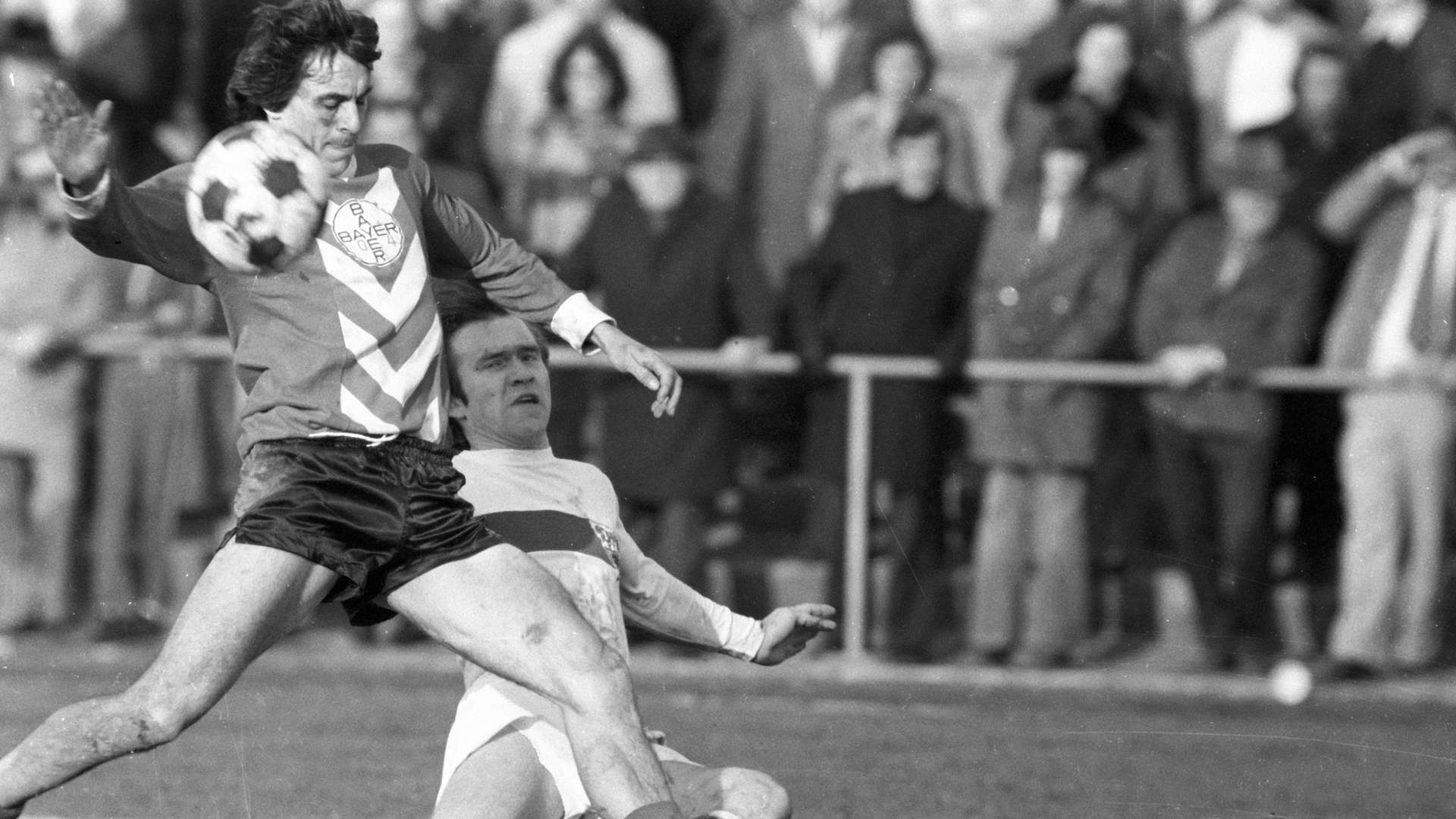

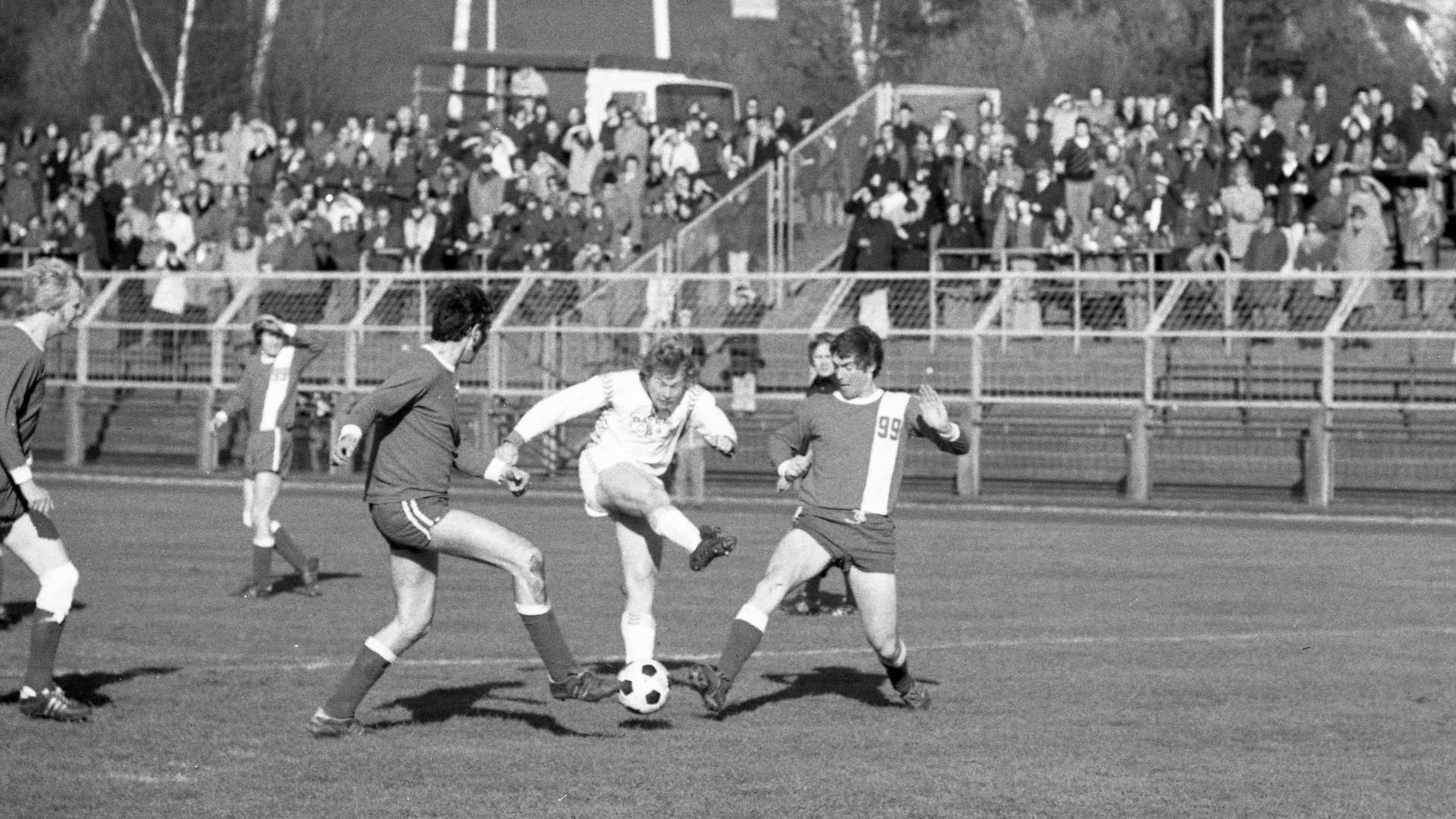
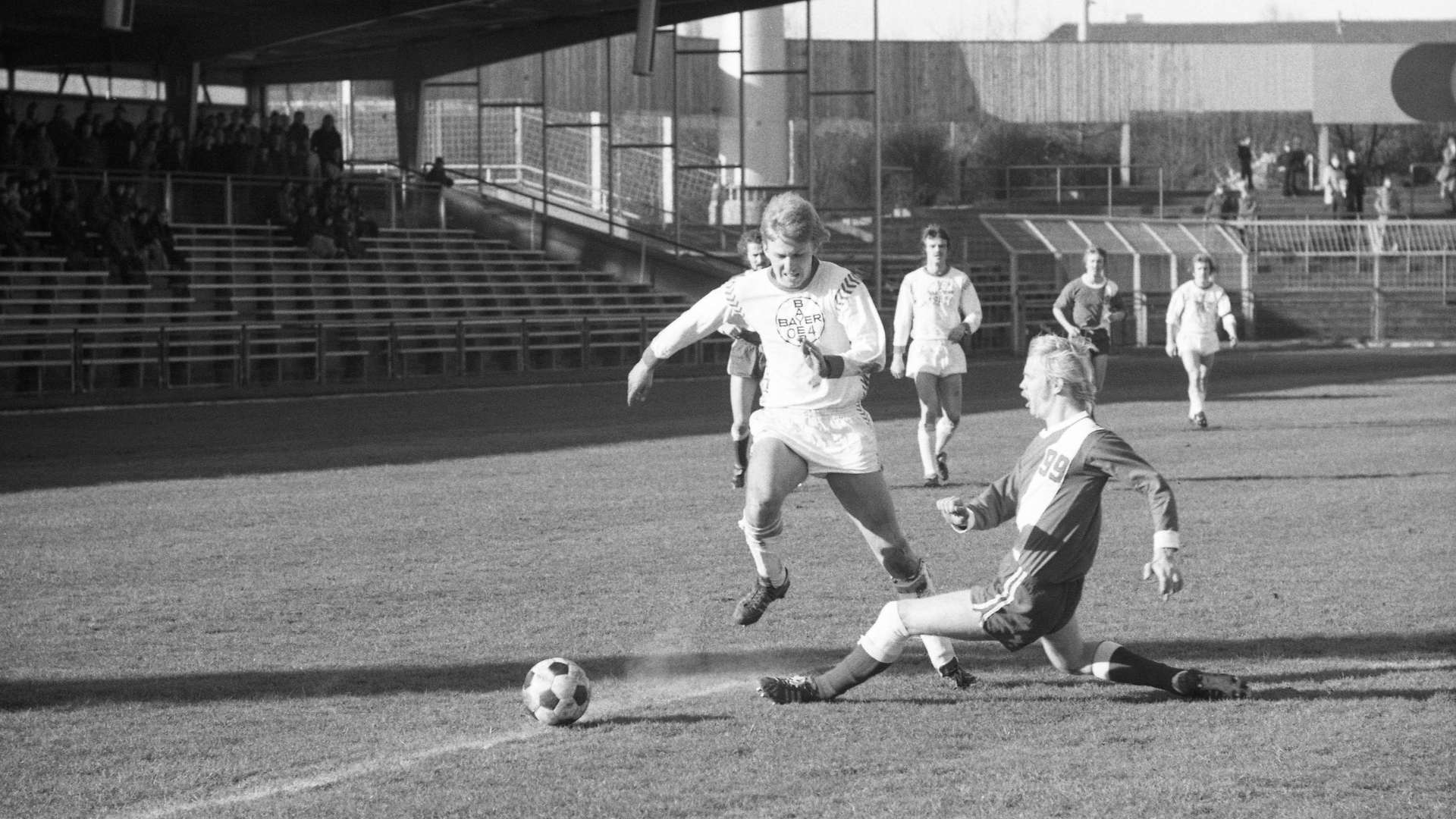
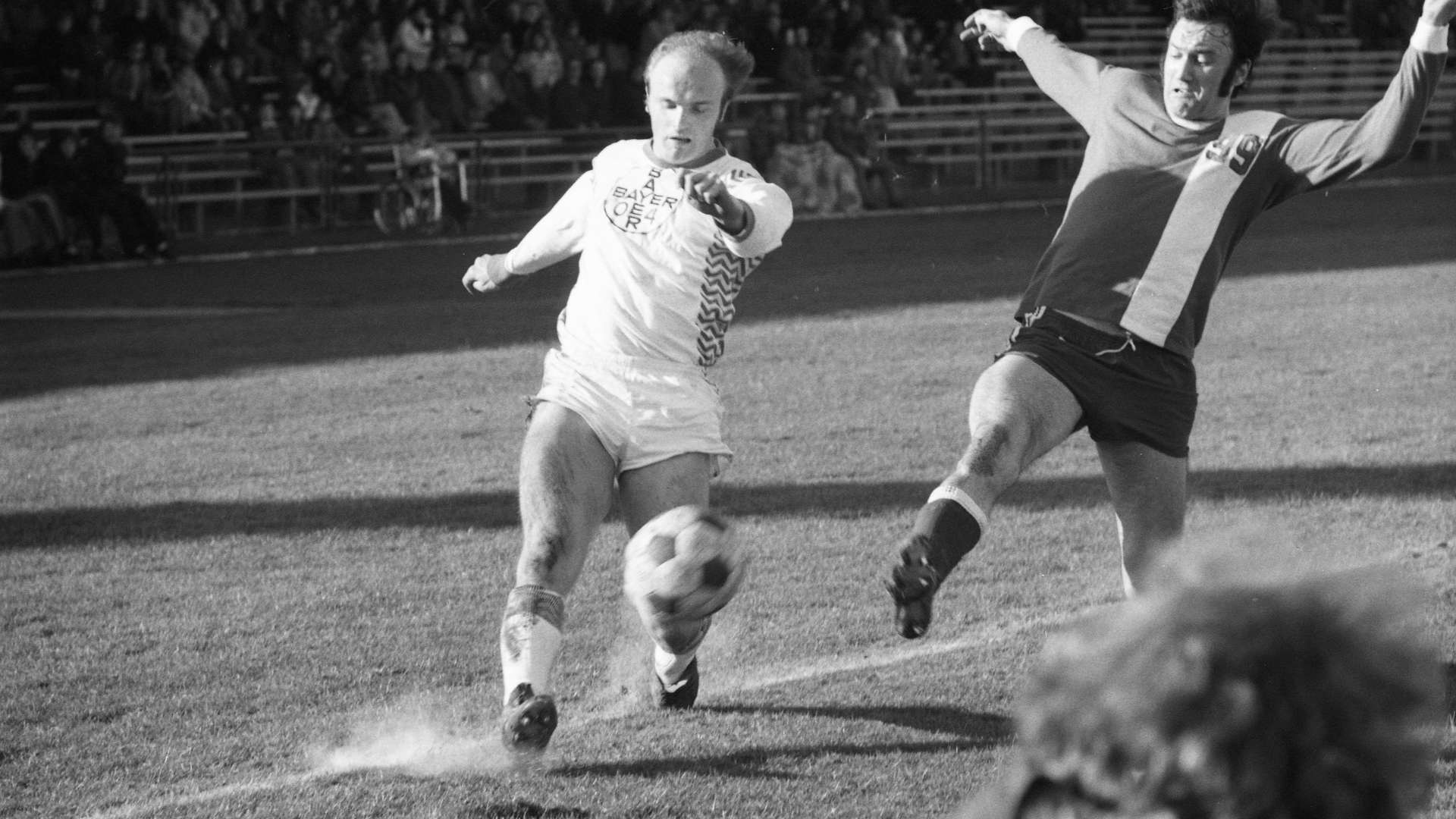
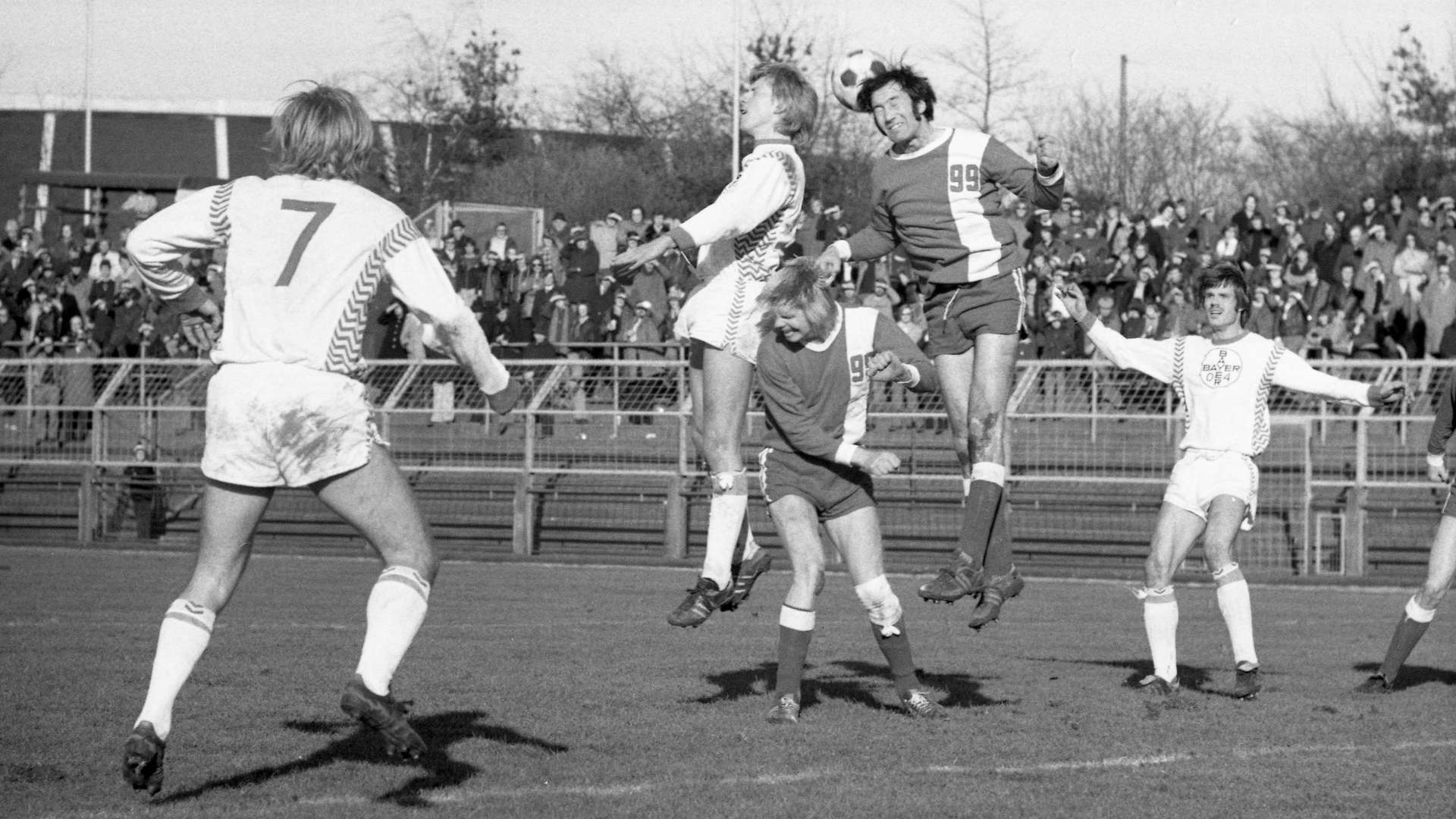
The Werkself were away to SC Nord Köln at the end of February. Accompanied by several hundred Bayer 04 fans, the Werkself deservedly led 2-0 at half-time thanks to an own goal and a strike by Matthias Brücken. After the restart, the Nord team took control and besieged the goal of Hubert Makel and pulled a goal back. On 75 minutes they even scored a well deserved goal to make it 2-2. But four minutes after the equaliser, Peter Surbach restored the lead for the Leverkusen team with the help of the SC Nord goalkeeper. The game ended in a fortunate 3-2 win and top place alongside SC Jülich 10.
Related News
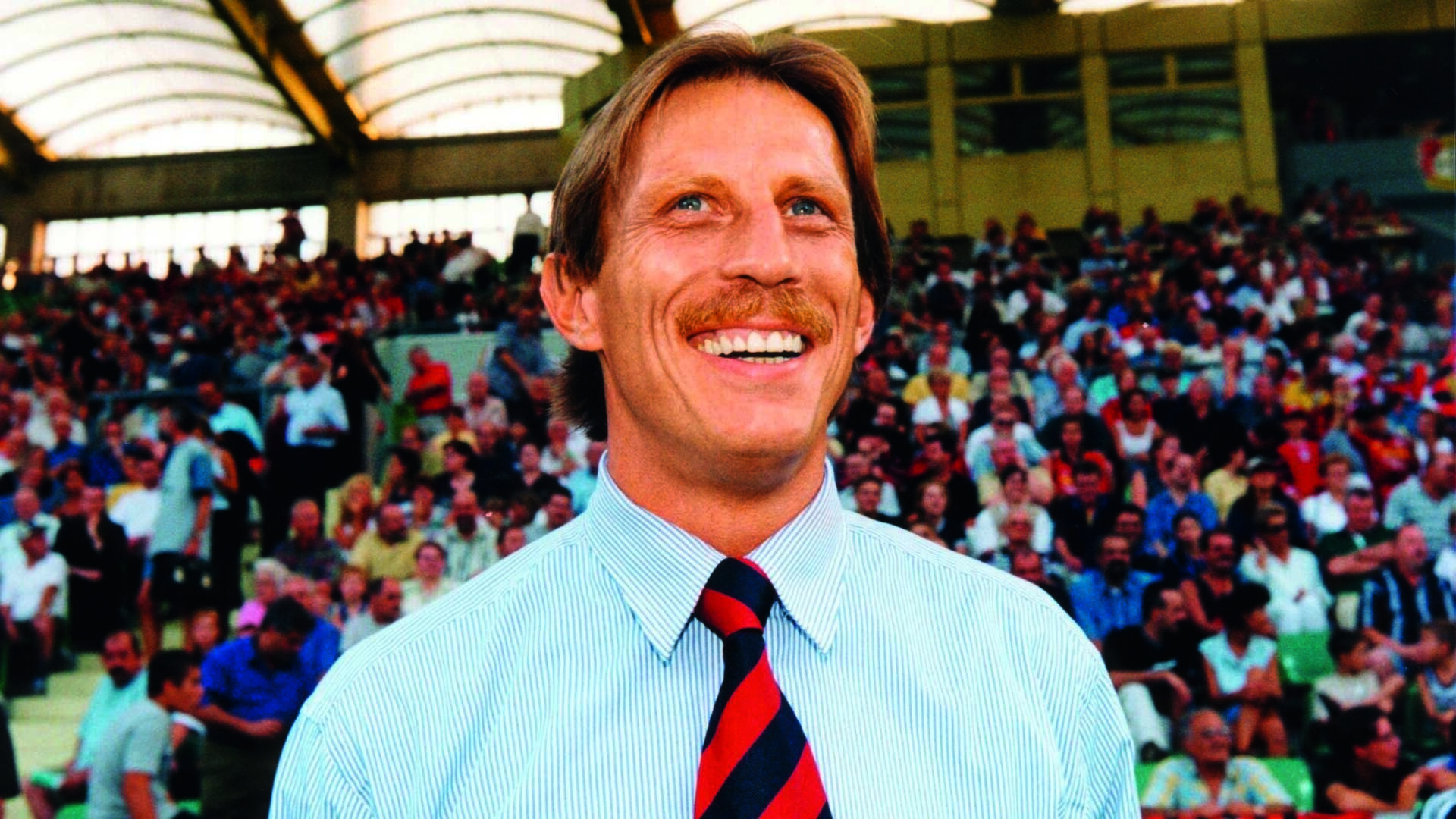
Legend: Christoph Daum - The man who taught us to want
Christoph Daum was born on 24 October 1953 in Zwickau. As a child, he moved to West Germany with his mother and grew up in Duisburg. He developed a great enthusiasm for football at an early age, even though it soon became clear that his future lay less on the pitch than on the sidelines. Even at a young age, his passion for analysing, explaining and improving things became apparent.
Show more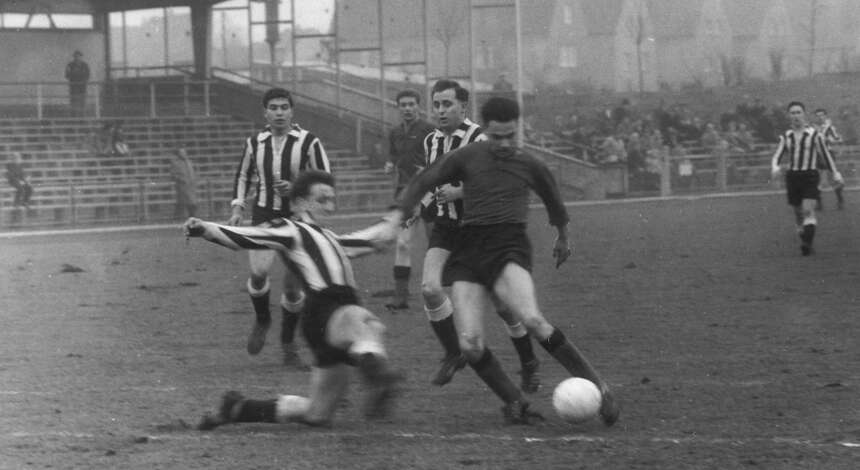
From the archives: 65 years ago - Another victory at last
When the Bayer 04 players celebrated Christmas in 1960, they spent the winter in second place in the Oberliga West 2 on 20 points - but already five points behind leaders Schwarz-Weiß Essen. However, coach Erich Garske's team are struggling to get back on track in the new year. A goalless draw against Bonner FV at home at the Ulrich Haberland Stadium was followed by a 2-1 away defeat in Erkenschwick. The following home game also yielded just one point. As a result, the team's promotion ambitions dwindled to a minimum, as the gap to the coveted spot has now grown to a challenging ten points.
Show more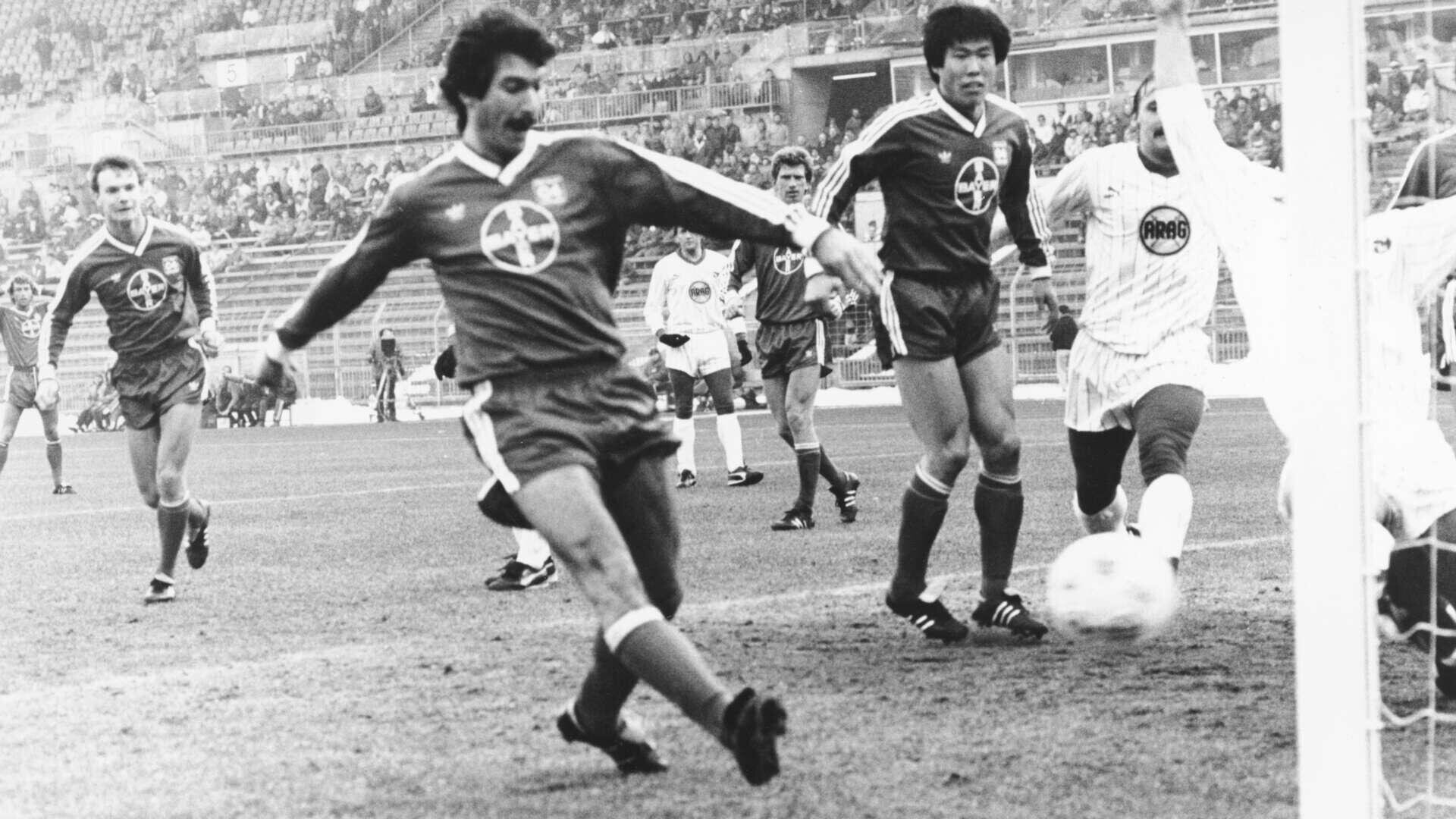
Goals of the month: From Waas to Tapsoba
In this video you can see impressive and important goals in Bayer 04 history from the month of February. It's not always about the beauty of the goals, but also a reminder of special games and players.
Show more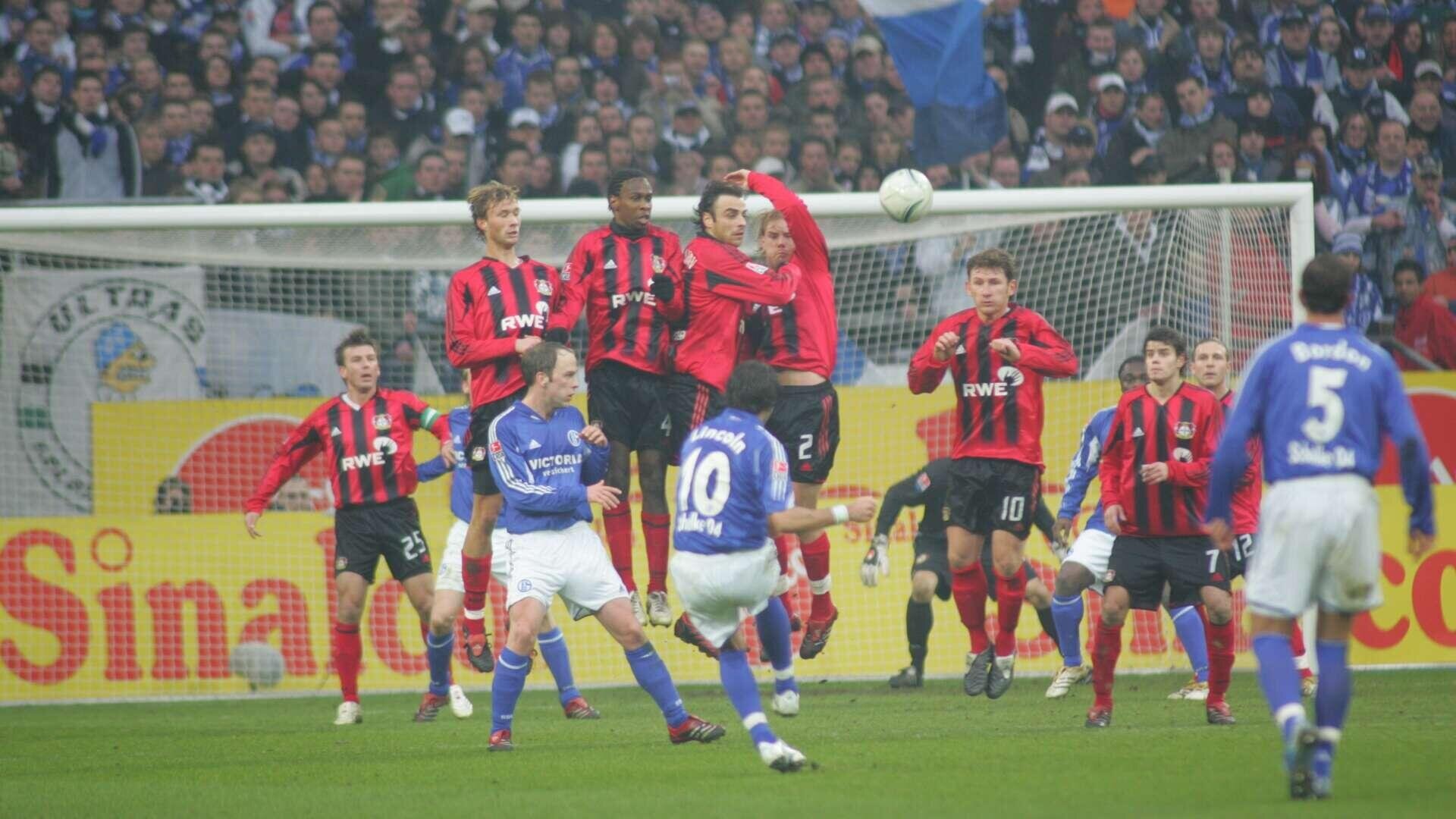
Match of the month: 20 years ago - A game of goals galore
It is 11 February 2006 and Schalke 04 and the Werkself kick off at 3.30 p.m. in a match that ends up being historic - at least from a Bayer 04 perspective.
Show more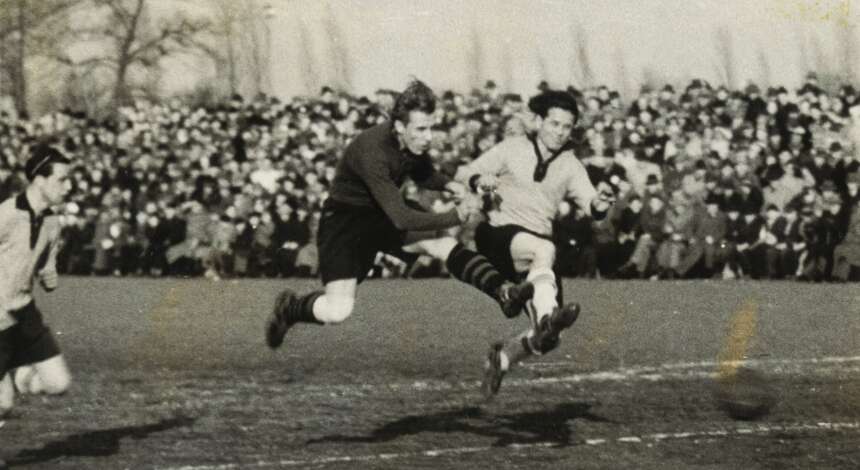
History: 75 years ago - The 1950/51 season (February)
As league leaders, the Werkself welcomed the relegation-threatened team from Rhenania Würselen. On 4 February 1951, 5,000 spectators line the touchlines despite the Sunday carnival parades. And they see a home team that is superior on the pitch. Without Theo Kirchberg, who was ill, and Emil Becks, who was suspended, the hosts attacked the opposing goal from the start. Battling against a strong wind in the first half, Bayer 04 created chance after chance, but were repeatedly thwarted by the Würselen goalkeeper. With the score at 0-0 at half-time, Karl Heinz Spikofski tried his luck on 55 minutes and hammered the ball into the opposition net from 20 metres out. Rhenania can no longer counterattack. The siege of the Würselen penalty area continued right to the end, but the game ended in a narrow 1-0 win.
Show more